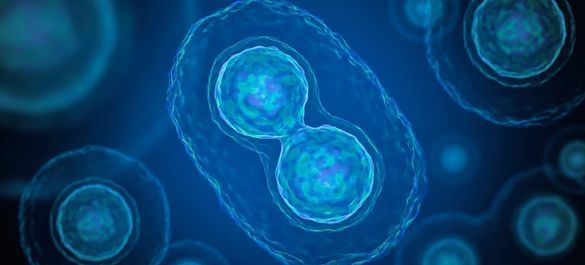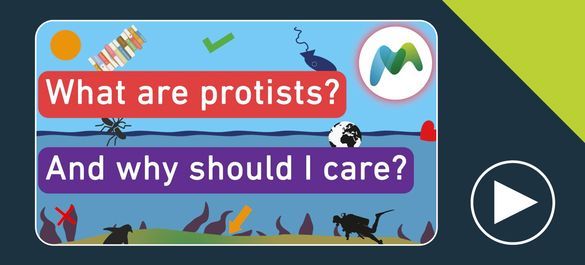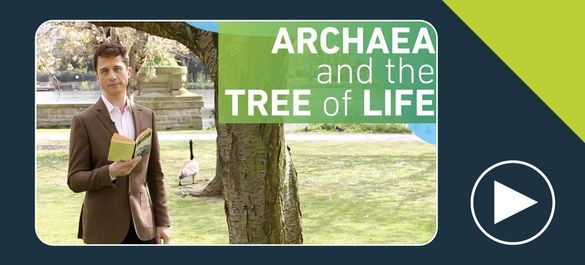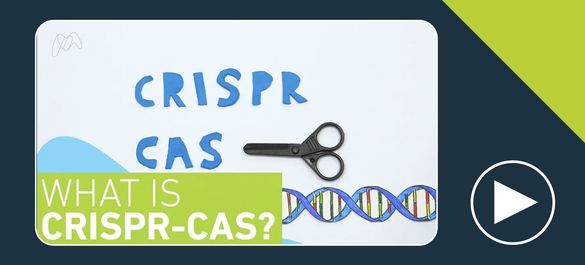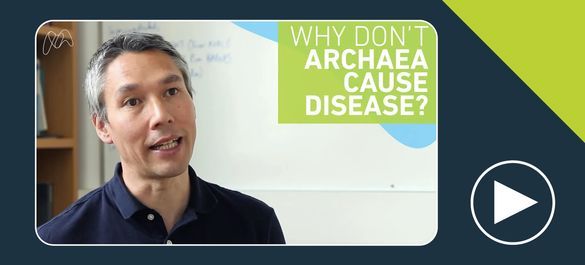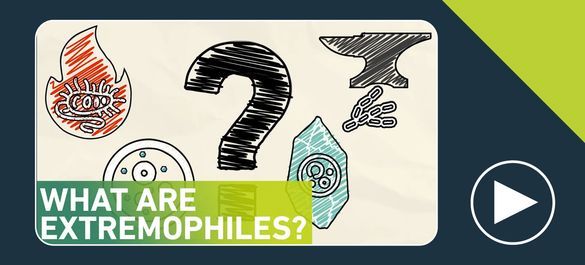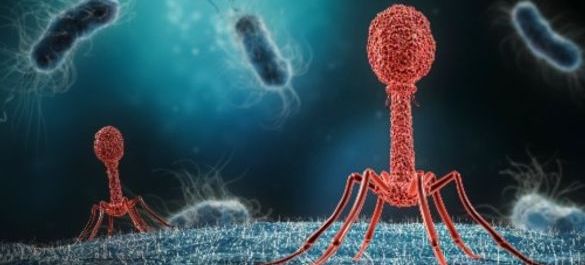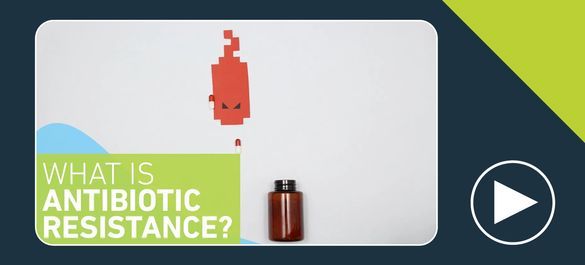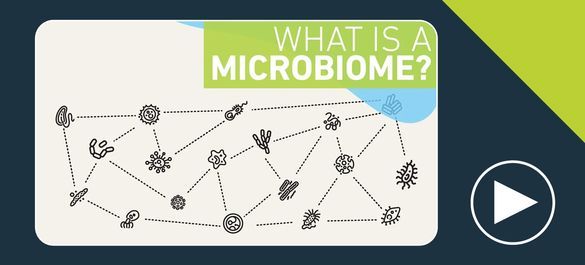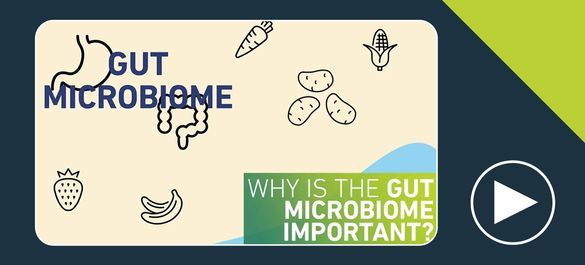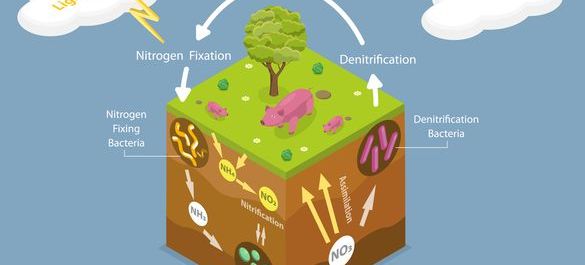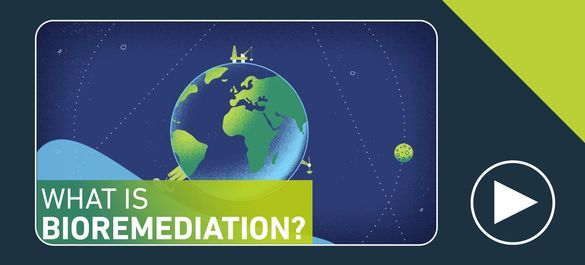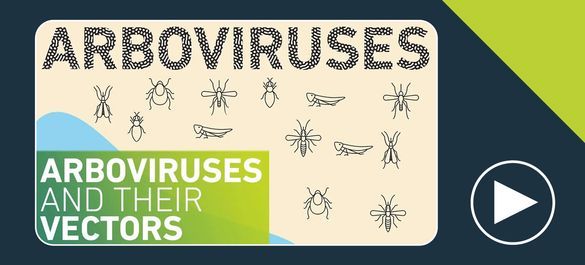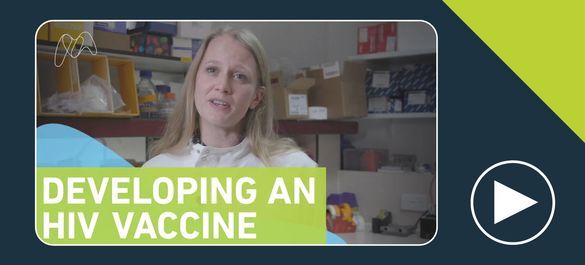Education and Outreach resources
Access a vast range of resources for members, curated by the Education and Outreach Network, covering higher education teaching of microbiology and community engagement work.
What is microbiology?
-
SchoolZone: life finds a way
How old are microbes? How are cells formed? Use this practical activity to demonstrate how and when life evolved.
-
SchoolZone: Bioluminescence
What is bioluminescence? What are dinoflagellates? Learn about the unicellular algae responsible for making the sea in the Maldives glow like a starry night sky.
-
SchoolZone: Florence Nightingale
Learn about the life of Florence Nightingale, statistician and the founder of modern nursing, who reformed healthcare by successfully campaigning for good sanitation practices.
-
What are protists?
What are protists and why should I care? Watch this video to delve into Kingdom Protista and find out more about protists vital role in health, the environment and scientific research.
-
Archaea and the tree of life
What are archaea? And what makes them so unique? Watch this video to explores how these fascinating micro-organisms were first discovered – and how they have even made us reconsider our own place on the tree of life.
-
What is CRISPR-Cas?
CRISPR-Cas is a powerful technology that is used within biology to cut and paste DNA. But how do micro-organisms use CRISPR to fend off parasites like viruses?
-
Why don't archaea cause disease?
How are archea different from bacteria? Why are achaea not pathogenic? Watch this video to learn about some of the questions about archea that scientists are still trying to answer.
-
What are extremophiles?
What are the four types of extremophiles? How are extremophiles able to survive? Watch this video to learn about how these micro-organisms withstand the most severe conditions.
-
Why should we study Astrobiology?
What is astrobiology? How can it contribute to planetary protection? In this video, Dr André Antunes takes us through the importance of studying astrobiology.
Antimicrobial resistance
-
SchoolZone: Bacteriophage Practical
A school-friendly assay using T4 bacteriophage and its host, Escherichia coli.
-
What is antibiotic resistance?
How do antibiotics work? And how can we stop antibiotic resistance? Watch this video to learn more.
SARS-CoV-2 and COVID-19
-
How to wash your hands: handwashing 101
Washing your hands is a simple, cheap and effective of preventing the spread of germs and disease – but many of us don't wash our hands as often as we should?
Microbiome
-
What is a microbiome?
What role does the microbiome play in human health? And where else can microbiomes be found?
-
Why is the gut microbiome important?
Why is the gut microbiome vital for our survival? And how is it linked to our brain, gut and digestive health?
Climate change
-
SchoolZone: the nitrogen cycle
What are nitrogen-fixing bacteria? And how do they adapt to their environment? Follow this practical to show the role of microbes in the nitrogen cycle.
-
What is bioremediation?
How do microbes help keep the planet healthy? Could we use micro-organisms to remove or degrade pollutants from our environment?
-
Arboviruses and their vectors
How has climate change and globalisation caused emerging and re-emerging arboviruses to expand their geographical range, leading to more frequent outbreaks?
Vaccines
-
Developing an HIV Vaccine
What are the processes and challenges involved in developing an HIV vaccine?

